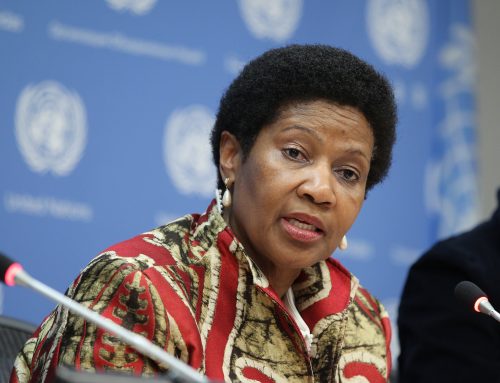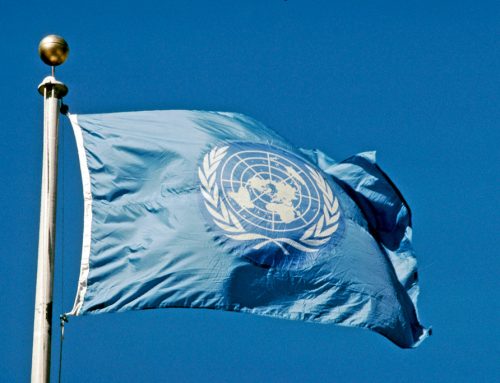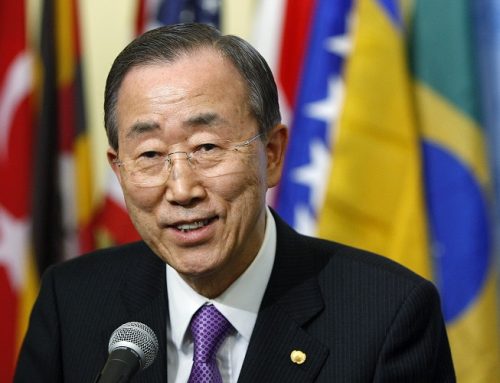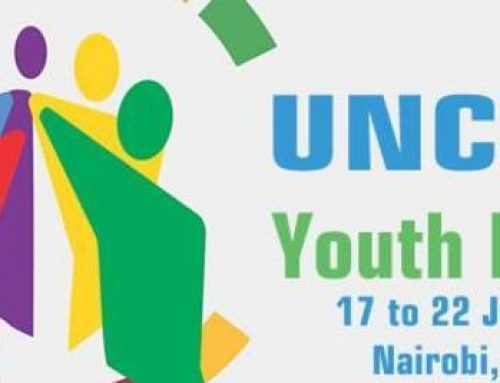La población mundial es joven. Cerca de 2.200 millones de personas tienen menos de 18 años, y 85% de ellos viven en países en desarrollo. La FAO reconoce que esta nueva generación es la clave para el futuro. Al mismo tiempo, los niños y los jóvenes, especialmente las niñas, se encuentran entre los más vulnerables al hambre y la desnutrición, afectando su desarrollo físico y mental e inhibiendo su capacidad para aprender y participar en actividades sociales y recreativas. En los países en desarrollo, la agricultura representa una de las principales principal fuente de empleo : en el África subsahariana, por ejemplo, la mitad de la mano de obra joven trabaja en la agricultura. Por estas razones, la FAO incorpora y pone de relieve a los jóvenes en sus esfuerzos internacionales para incrementar la seguridad alimentaria y promover la sostenibilidad ambiental.
La movilización de la FAO para los jóvenes
Una de las esferas principales dentro de los nuevos objetivos estratégicos de la FAO es el apoyo a los jóvenes. La FAO ha designado a un coordinador de la juventud en cada una de sus oficinas regionales, que se encarga de coordinar las actividades regionales y nacionales para los jóvenes y con su participación. También se proporcionan mecanismos para incorporar las preocupaciones y las voces de los jóvenes en los procesos internacionales: por ejemplo, desde el 2010, los jóvenes han sido reconodios como un grupo integrante en el Mecanismo de la Sociedad Civil del Comité Intergubernamental sobre la Seguridad Alimentaria Mundial (CFS) organizada por la FAO.
Of course, many of FAO’s regular programmes also offer youth-specific activities, a few of which will be explored in greater detail below. FAO provides a vast range of educational materials for children and young people, their teachers and facilitators, including:
- The Feeding Minds, Fighting Hunger portal, which is packed with information and games for interested young people on different issues of global importance.
- Resources on School Gardening, aimed at schools or youth groups eager to grow some crops and learn about farming.
- The Education for Rural People (ERP) website, which aims to bridge the divide between urban-rural knowledge, education and training. The ERP Tool Kit targets rural youth professionals, volunteer leaders and young people with relavant trainings, publications such as handbooks, guides, training modules and curriculum materials.
Youth Employment: Junior Farmer Field and Life Schools (JFFLS)
Of the world’s estimated 211 million unemployed people in 2009, nearly 40% – or about 81 million – were between 15 to 24 years old. Unfortunately, the vast majority of jobs available to youth are low paid, insecure, and with few benefits or prospects for advancement. Especially in the rural regions of developing countries, the situation can be one of extreme hardship. This scarcity of decent work, decent living opportunities and little hope of a better future are the main factors pushing youth to migrate from rural to urban areas or abroad.
In order to help address these specific needs of vulnerable rural youth in developing countries, FAO and ILO have jointly developed the Junior Farmer Field and Life School (JFFLS) programme. The goal of the JFFLS is to empower vulnerable youth, and provide them with the employment and livelihood options needed for long-term food security while reducing their vulnerability to destitution and offering them risk coping strategies. JFFLS also aim to promote the creation of gender-equal attitudes, by enabling youth to exercise the same roles and responsibilities regardless of gender and developing their capacities to critically assess relationships and understand the risks and resources present within their community. The strength of the JFFLS programme is its unique learning methodology and curriculum, which combines agricultural, life and entrepreneurship skills in an experiential and participatory learning approach uniquely suited to rural communities and low literacy levels.
The JFFLS approach has been adapted to address the orphan crisis associated with the HIV epidemic, emergency situations, climate change, rural youth employment and child labour prevention. Since 2004, the JFFLS programme has trained over 25 000 people in 25 countries.
The Youth and United Nations Global Alliance (YUNGA)
Hosted by FAO since its foundation in 2009, YUNGA acts as a gateway to allow children and youth to participate in the activities and initiatives of the United Nations. YUNGA partners collaborate to produce the YUNGA Challenge Badge and Youth Guide series, which aim to raise awareness, educate and, most of all, motivate young people to change their behaviour and become active agents of change in their local communities.
Existing or upcoming Challenge Badges include Agriculture, Biodiversity, Climate Change, Energy, Forests, Governance, Hunger, Nutrition, the Ocean, Soils and Water. Challenge Badges include a wide range of activities and ideas appropriate for use with school classes and youth groups, and are endorsed by the World Association of Girl Guides and Girl Scouts (WAGGGS) and the World Organization of the Scout Movement (WOSM). The Youth Guide series complements the Challenge Badges with further, in-depth background information on topics of environmental and social concern. Existing or upcoming Youth Guides include the topics Biodiversity, Climate Change, Forests and the Ocean.
Youth and Climate Change
The food security of tomorrow’s generation depends on the sustainable practices and behaviour of today’s. FAO therefore places a special emphasis on the theme of youth and climate change. Children and young people are concerned, thoughtful citizens, capable of participating in, and changing the society of which they are a part, and they have an important role to play in addressing the issues of our world. They also have enthusiasm, imagination and abundant energy to undertake local actions, act as effective communicators in their communities and be involved in international arenas. Both independently and as a member of the Joint Framework Initiative on Children, Youth and Climate Change as well as the United Nations Alliance on Education, Training and Public Awareness, FAO works to develop resources, activities and the mechanisms to enhance awareness, access to information and participation of children and young people on climate change.
Contacts
FAO Focal Point for Youth: Reuben Sessa, reuben.sessa@fao.org
Youth and United Nations Global Alliance: yunga@fao.org






